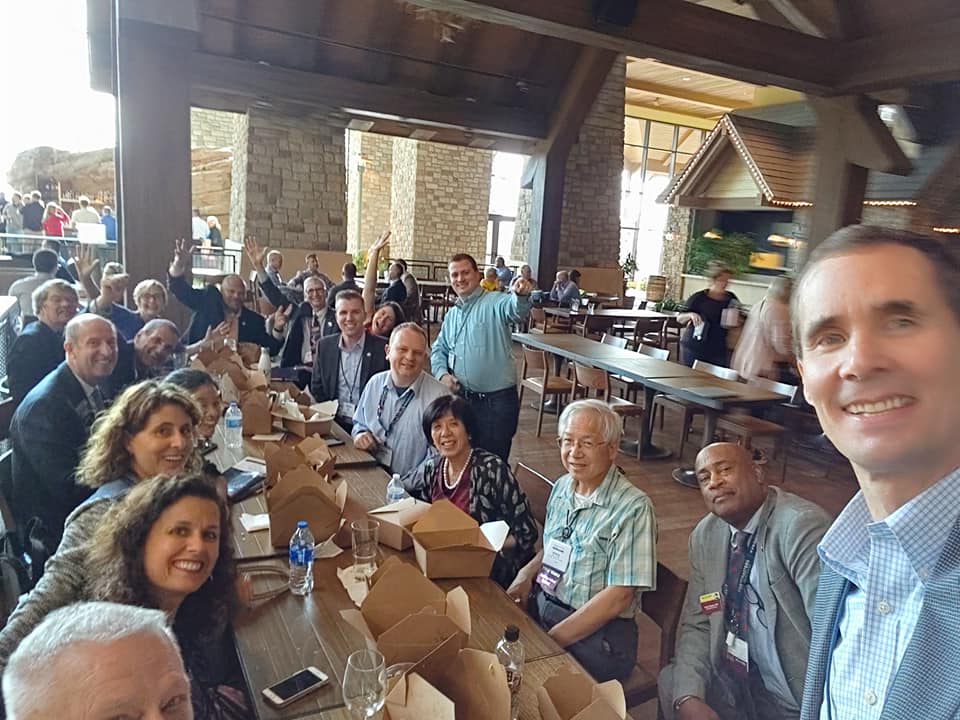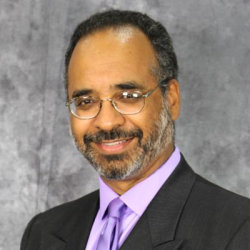William Holsey, President of Speakers Forum Club, had the good fortune to observe the finals of the Toastmasters International Speech Contest last week from close quarters.
He writes to all of us, sharing the lessons he learned in the process.
Fellow Toastmasters,
Wow! Seeing the Finals of the International Speech Contest was exhilarating! It was an amazing experience to be in the room with 1,800 people.
I was fortunate to have good seats close to the World Championship Stage. I took a few notes on some key things that I saw:
- Stories, Stories, Stories! – like real estate (location, location, location), it’s all about the story. Everyone loves a good story.
- The story of the speech had a final important message that we were encouraged to “take away” with us after the speech.
- KEY NOTE: The stories were about very relatable subjects that everyone in the audience could easily identify with.
- Describe the characters – ensure that everyone can really visualize the characters in the story. Paint a picture in our minds of the various people in the story.
- Slow down voice – for more serious subjects, slow down the voice tempo to clearly emphasize. Make the voice gentle too. This helps to really draw in the audience further on the serious subjects.
- Humor! – everyone loves to laugh. A humorous story with good chuckles and one good “belly laugh” makes a huge difference.
- False ending – two of the speakers did a “fake ending” to their speech. The audience thought they were done, but they were not. It was a brilliant technique to galvanize you to listen intently to the actual ending. The “first ending” was serious and the “second ending” was funny or vice-versa.
- Use holograms – create virtual characters on the stage so we can really see them next to the speaker.
- Effective bookends – give the mantra of the speech at the beginning and repeat it at the end for emphasis.
- Smile at the beginning – most of the speakers smiled at the very beginning before they said a single word. After they walked out on stage, they also paused a good 3 seconds before saying anything.
- Move to position – effective use of stage and “move with purpose” was very important during the storytelling.
- Comedic timing – all the winning speeches had humor and they were very good with comedic timing. They did not “step on” their jokes. The comedic timing was very important to draw in the audience and get the most out of the humor during the story.
- Short catchy speech title – make the title easy to remember and catchy. The best ones are only a few words.
- Hands at sides – it was effective to show a difference between the various broad and demonstrative gestures that they used and “coming back to home base” with their arms.
- Facial expressions – everyone in the room was watching the large monitors during the speeches. We could clearly see their demonstrative, deliberate, and appropriate facial expressions which added to the story.
Best regards,
Bill Holsey, DTM
President – Speakers Forum Club #9338



















